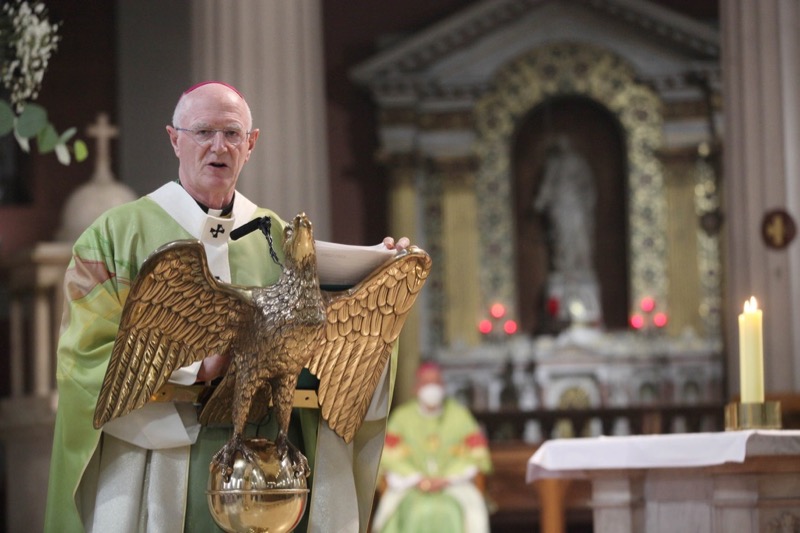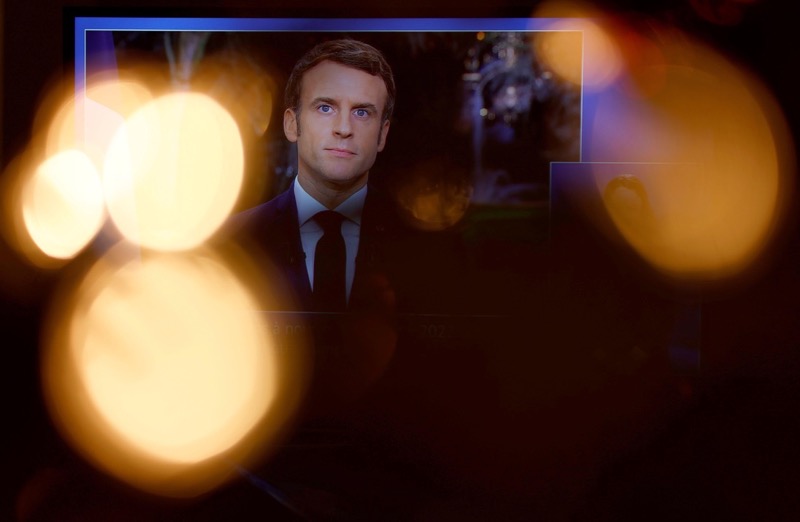French politicians have given an early warning of their intentions in this 2022 election year by highlighting topics clearly meant to appeal to that vaguely defined demographic – the Catholic vote.
First far-right populist Éric Zemmour and then conservative Valérie Pécresse rushed before Christmas to visit Armenia to promote the defence of Middle East Christians, a direct appeal to Christians and a “dog whistle” to voters feeling threatened in their French identity by Muslims.
President Emmanuel Macron, seeking reelection in April, used his office at the same time to visit Pope Francis at the Vatican – they addressed each other with the familiar tu – and to publish an article arguing that science and religion could not only coexist but mutually enrich each other.
After meeting the Pope in late November, Macron praised his views on Europe, migration and populism to the popular magazine Paris Match and pointed out they have used the familiar tu since 2018.
"I believe profoundly that continuities can exist between God and science, religion and reason,” he wrote before Christmas in the newsweekly L’Express, ignoring views here that politicians should not talk about faith. Aiming for the political centre by praising both science and faith, he wrote: “The aspiration to reason and need for transcendence cohabit in every one of us.”
Fewer than five per cent of the French are regularly practising Catholics, and politicians are supposed to respect the official separation of Church and State called laïcité. The Church itself denies there is a “Catholic vote”.
But former prime minister François Fillon won the nomination of the latest Gaullist iteration, the Republicans party, in 2017 by stressing his support for Middle Eastern Christians and winning crucial backing from an active Catholic group called Common Sense.
In a dizzying field of candidates across the political spectrum, even small groups of voters matter, especially if appeals to them suit several purposes.
Former journalist Zemmour has upset the far-right with his staunch French patriotism and anti-Muslim jibes, normally the sole province of National Rally leader Marine Le Pen, who has wider support. He is a rare Jew on the far-right, where some co-religionists have drifted after repeated Islamist attacks.
Republicans candidate Pécresse, head of the Île de France (greater Paris) region, is also fishing in these waters. After Le Pen and Zemmour, she blasted Macron last weekend for hoisting the European Union flag at the Arc de Triomphe to mark the beginning of France’s six-month presidency.
“Preside Europe yes, erase French identity no!” she tweeted.
Citing past support for Christians in the Middle East, where France has long supported them, pollster Jérôme Fourquet noted the mostly Christian Armenians were threatened by Turkish-backed Muslim Azeris. Winning French Christian votes, he said, “no longer passes through Iraq or Syria, but through Armenia.”
The French bishops are due to issue a statement on the election later this month which, according to their spokesman Fr Hugues de Woillement, should address broader questions such as the economy, migration and world politics.
But, he added, “there is no Catholic vote. Polls show they can be found all over the political chessboard.”



 Loading ...
Loading ...